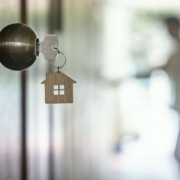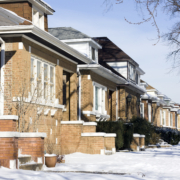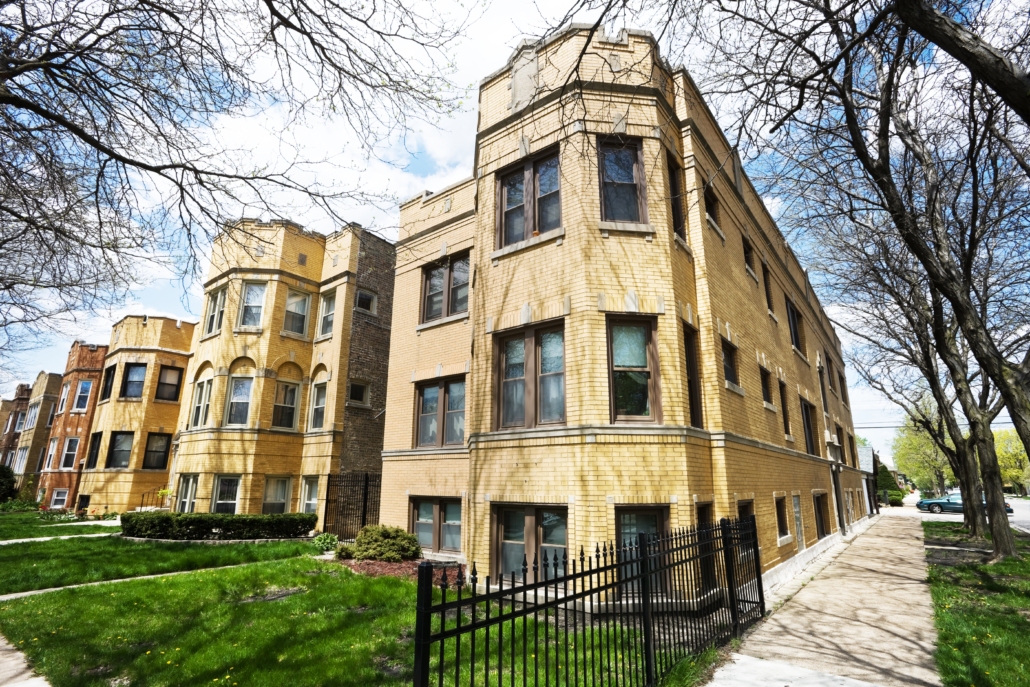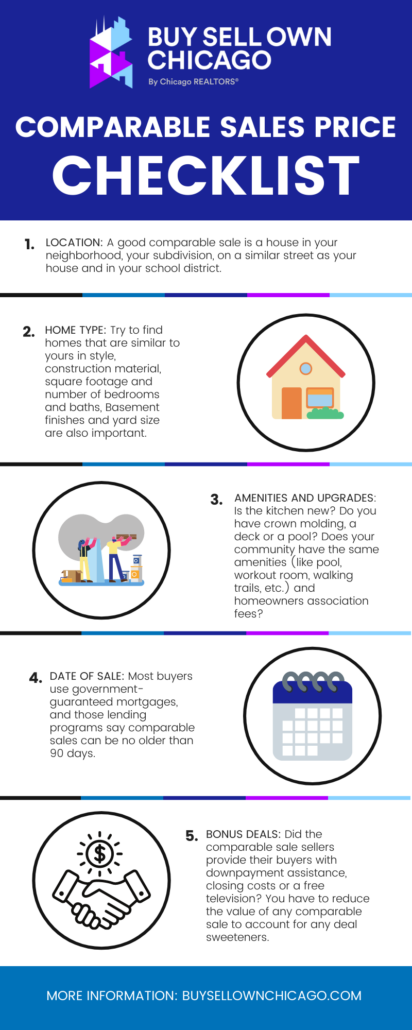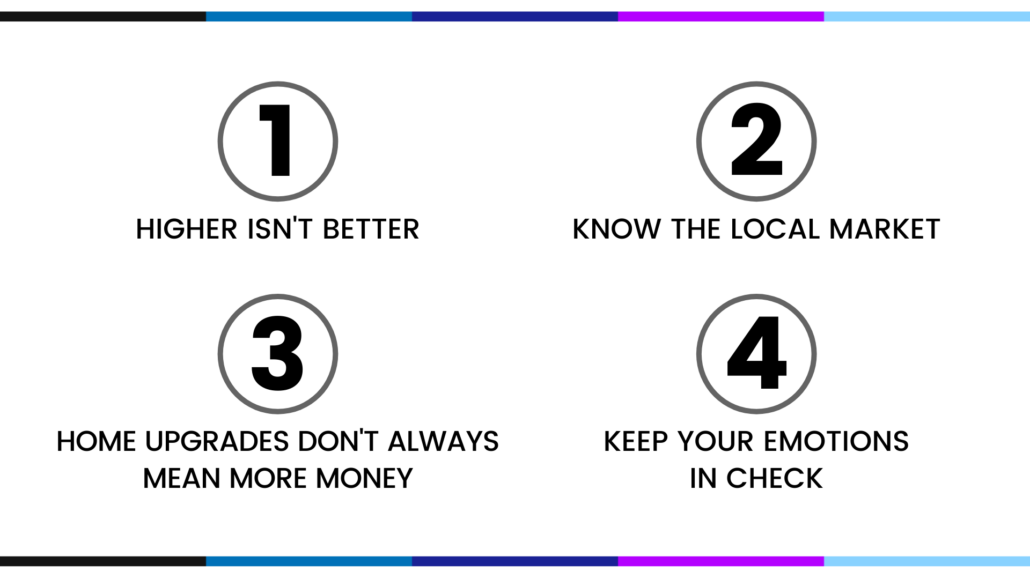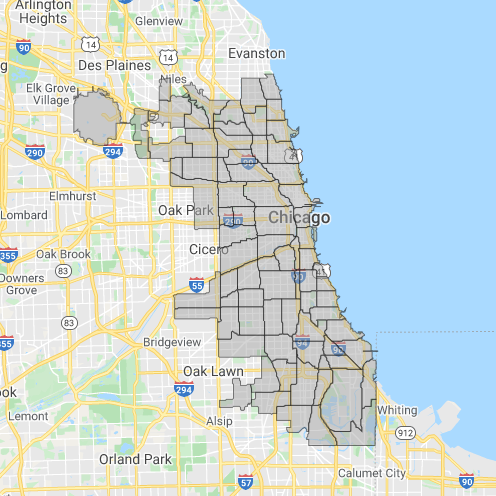Make Your Open House A Success
So you’re selling your house, and now it’s time to show it off to buyers! Use these tips, and the help of your REALTOR®, to make a great first impression during your open house.
Make Your Home Open House Ready
Make sure your home is picture-perfect by the time your open house comes around. Here are some things we recommend you take the time to do:
- Clean Up Clutter: Tuck away additional clutter within your home, including clothes, cleaning supplies, toys and more. If you don’t have a good location to put it all, consider renting a storage unit.
- Make Your House Spotless: Deep clean every inch of your home, so your windows are spotless and there are no dust bunnies in sight. Don’t have the time? Hire a cleaning service. Your REALTOR® likely has some recommendations for you.
- Consider Cosmetic Repairs: This isn’t the time to make any big changes, but if you spot chipped paint or burnt out lightbulbs, making those repairs will go a long way in making your house look great!
- Remove Any Personal Items: When a potential buyer walks into a home, they want to be able to picture themselves in it. Seeing photos of your family and other personal items can hinder that experience, so put them away for the time being. Also, put any valuables in a secure location, just in case.
Get The Word Out
Although your REALTOR® will do a lot of heavy lifting on this front, it doesn’t hurt to give them a hand. Add posts to your social media platforms, such as neighborhood groups, if you’re part of them, to get the word out. Or, if you frequent a local coffee shop or popular store with a bulletin board, don’t be afraid to go “old school” with a flyer.
Also, work with your REALTOR® on a few different aspects of the open house, such as:
- Setting up yard signs to announce the open house. If you live in a winding neighborhood or subdivision, put signs around the neighborhood to direct visitors to the right location.
- Add the open house information to your online listing for additional traffic.
- Decide on the best time to host the event. Sundays are typically the most popular, and other open houses may take place between 1:00 PM to 3:00 PM. Consider starting earlier, around noon, or keep yours open later, until 4:00 PM or 5:00 PM, so you’re not competing for visitors.
Let Your REALTOR® Take the Reins
When the day comes, step back and let your REALTOR® work their magic. Make sure to leave your house (having the seller lurking around isn’t the best look), but keep your phone on you in case your REALTOR® has questions.
Afterward, debrief with them about any questions that came up or comments that were made, and discuss how to address them to get your home sold!

